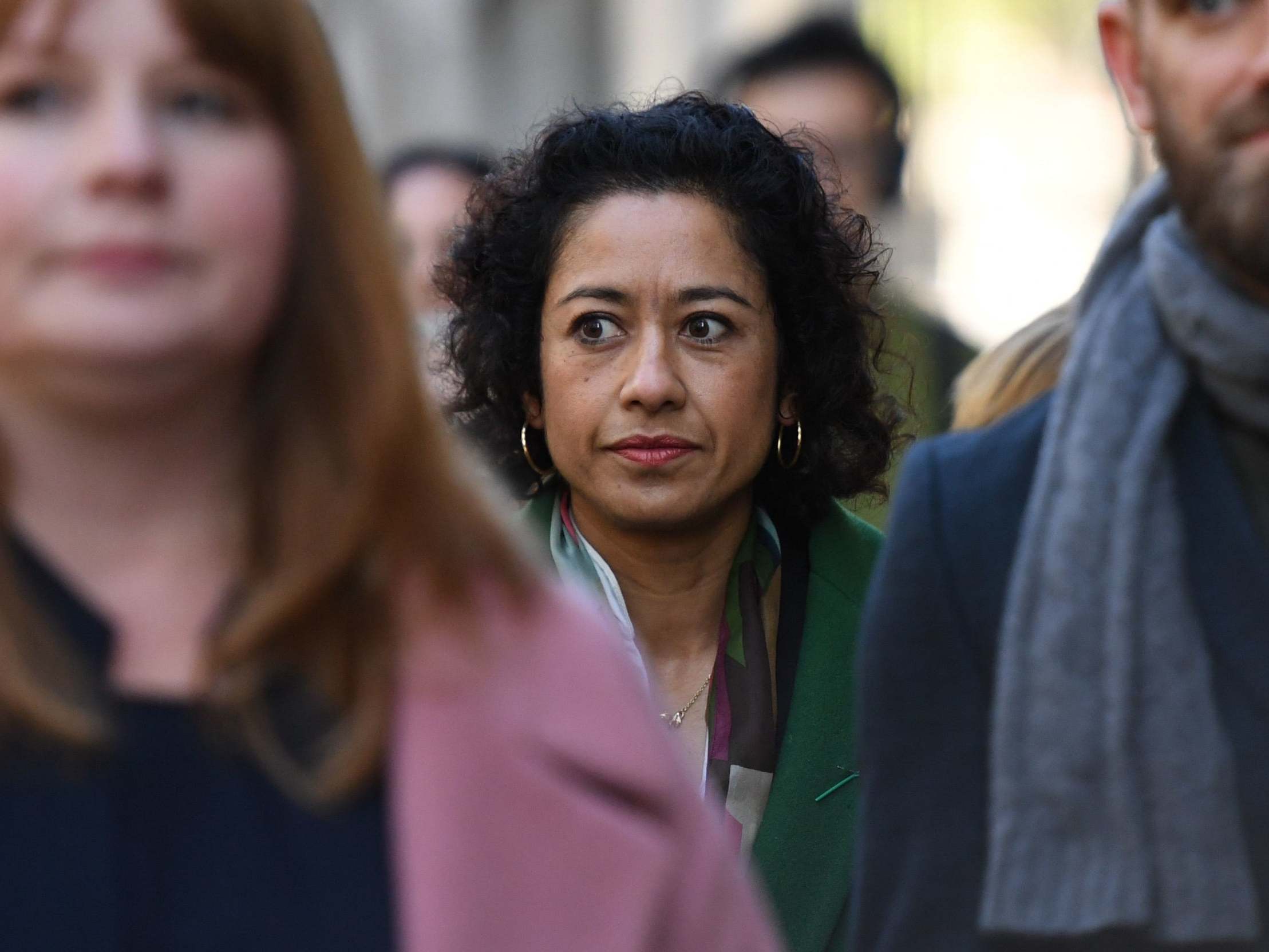As Samira Ahmed fights the BBC over equal pay, official figures show the gender pay gap is closing at a snail's pace
More action is required and large publicly funded organisations such as the Beeb need to take the lead

With BBC presenter Samira Ahmed bringing one of the most high profile gender related pay cases Britain has seen before an employment tribunal, the release of official figures for the national gender pay gap could hardly be more timely.
Ahmed, who has the support of the National Union of Journalists and a number of high profile colleagues, argues that she was doing a very similar job to Jeremy Vine but for just a sixth of his pay. She has presented News Watch since 2012. Vine presented Points of View until last year. The BBC claims that one is entrainment and the other is news so they’re not the same. But both involve the public critiquing the corporation’s output.
So to the official figures. They show that despite the gender pay gap reporting regime, a rare progressive measure brought in by Theresa May’s government, the 8.9 per cent difference between what men and women earned on average this year is little changed from the previous year.
Since 2012, the gap has declined by just 0.6 percentage points.
Another release from the Office for National Statistics yesterday sought to quantify the UK’s “human capital” between 2004 and 2018.
It found that the average lifetime earnings of women grew more rapidly than those of men over the period but was still 41 per cent lower at the end of it.
To get a handle on what that means, it’s best expressed in terms of real numbers. The study showed that men, on average, earned £643,000 over their lifetimes. Women made £380,000. Taking account the effect of weekly hours worked, women’s human capital was still 22.7 per cent lower than men’s.
It doesn’t matter whether you are male or female, if you have an interest in social justice and believe in equality you should be able to see the word “problem” flashing in bright red accompanied by a screaming siren.
The Fawcett Society described progress towards closing the gap as “dismally slow”. No wonder. At current rates it won’t be closed for 60 years.
“The pay gap represents a productivity gap and a waste of women's skills and potential. Too many women are trapped in low paid part-time work or locked out of non-traditional sectors while others experience pay or pregnancy discrimination,” said Sam Smethers, its chief executive.
Pay gap reporting has yielded some results in terms of the embarrassment it has caused certain organisations that count women among their chief customers but have a substantial pay gap because of their absence from senior management roles.
Action has been promised. But the figures suggest that more is required.
The Society has put forward some good suggestions for addressing the situation that would be of benefit to men as well as women. They include a call to support fathers with a longer better paid period of leave, so unpaid care work could be more equally shared. There are many dads who would welcome that.
Business news: In pictures
Show all 13Another way to improve the situation, it suggests, would be to make all jobs flexible unless there is a solid business reason for them not to be. Currently workers have a right to request flexible working, but that isn’t worth a hill of beans when their employers can just say no.
The Chartered Institution of Personal & Development says many of them are missing a trick: if they were less intransigent they’d be able to pick from larger pools of better candidates, including more female candidates.
Here’s something else that might also help: Big publicly funded institutions taking a lead in tackling the problem. Institutions such as, you’ve got it, the BBC. Auntie needs to do better.
Subscribe to Independent Premium to bookmark this article
Want to bookmark your favourite articles and stories to read or reference later? Start your Independent Premium subscription today.

Join our commenting forum
Join thought-provoking conversations, follow other Independent readers and see their replies